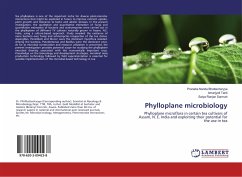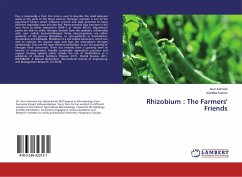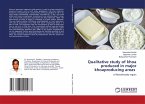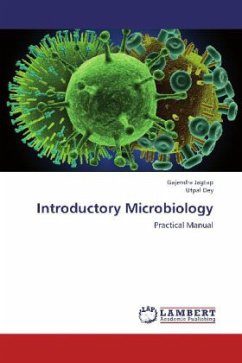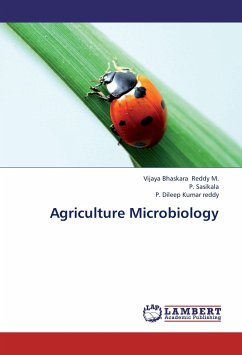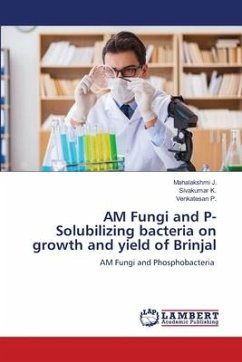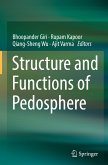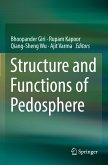Tea phylloplane is one of the important niche for diverse plant-microbe interactions that might be exploited in future to improve nutrient uptake, plant growth and tolerance to biotic and abiotic stresses. In the present investigation, the qualitative and quantitative estimation of fungi and quantitative estimation of bacteria and actinomycetes were carried out in the phylloplane of different TV cultivars naturally grown in Assam, N.E. India, using a culture-based approach. Study revealed the existence of more bacteria over fungi and actinomyctes irrespective of the tea clones. Aspergillus, Penicillium and Mucor were the dominant mycoflora isolated. Among the bacteria, Pseudomonas and Bacillus were the dominant ones. As far as microbial conservation and resource utilization is concerned, the present investigation provides potential scope for studying the phylloplane microbial diversity associated with this economically important crop. Knowledge on the bioecology and development strategies, microbial mass production technology followed by field experimentation is essential for suitable implementation of this microbial-based technology in tea.
Bitte wählen Sie Ihr Anliegen aus.
Rechnungen
Retourenschein anfordern
Bestellstatus
Storno

